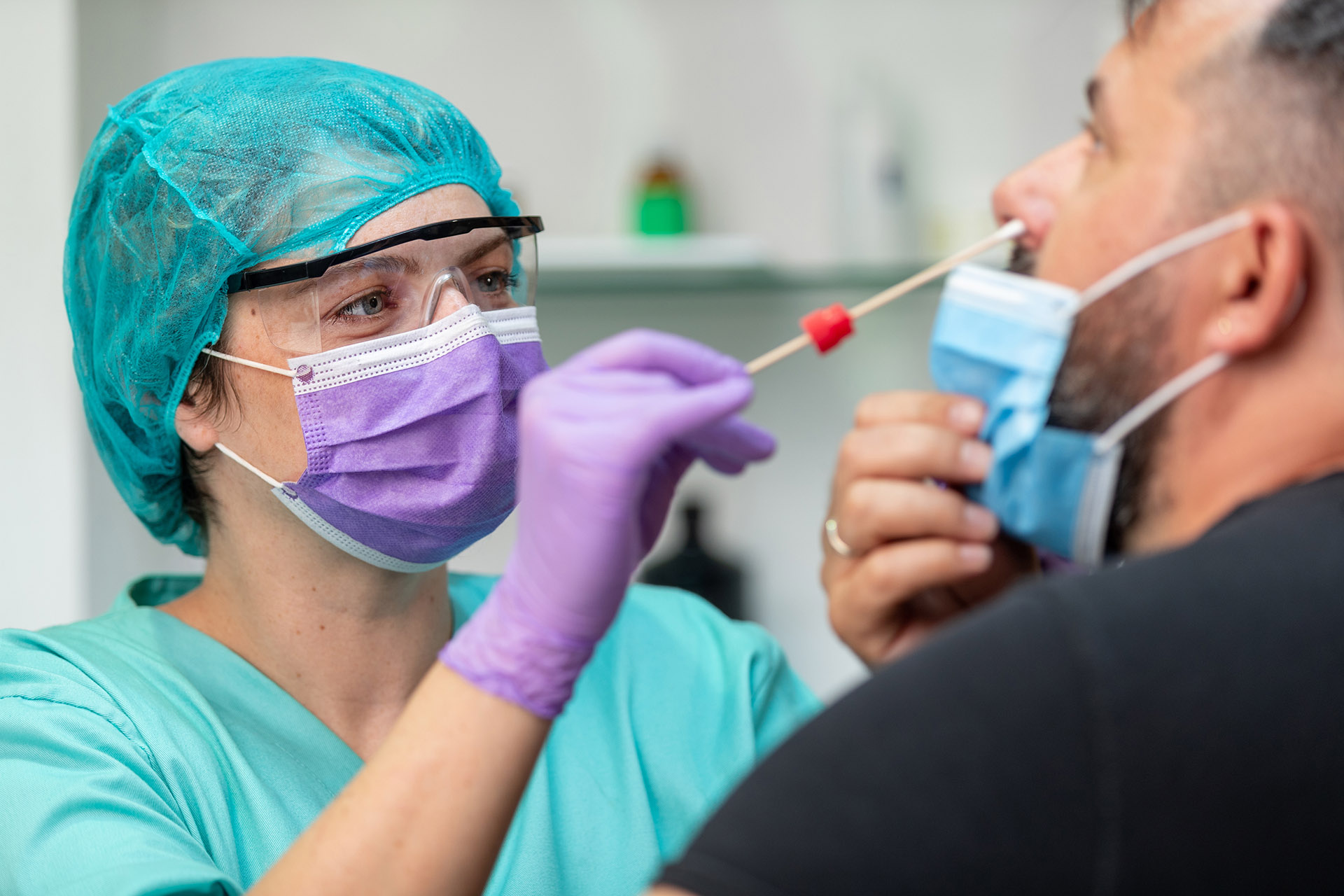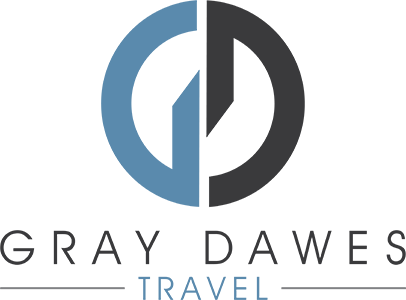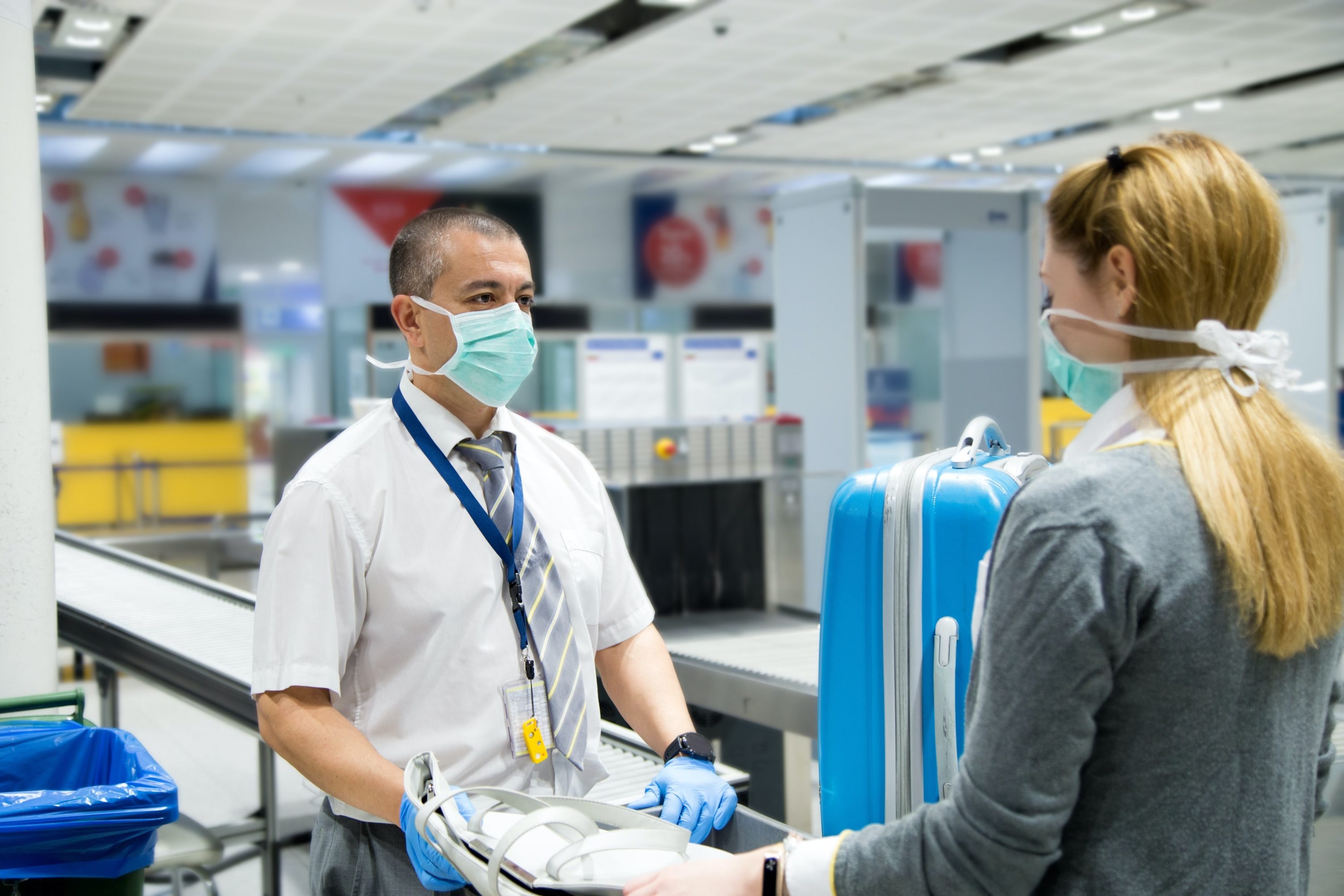Countries around the world are relying on Covid-19 testing programmes to reopen travel.
So which test do you have to take for which country? You’ll find some answers here, as well as links to useful resources where you can find further information. We will keep this updated to correspond to the latest travel restrictions.
Thanks to Business Traveller magazine, where this article first appeared.

PCR Test
The polymerase chain reaction (PCR) test is the most widely accepted form of testing. It identifies if the virus is currently in your body by detecting the genetic material in the virus (known as RNA) through a swab sample from your nose or throat, which is then sent to a lab and is analysed by scientists to provide a positive or negative result.
PCR tests can take a few days to return a result, and many countries advise that you take the test no more than 72 hours before arrival.
Click on the link below to reveal a list of the countries that require proof of a negative PCR test when travelling from the UK, (with added restrictions in brackets).
For more information...
Check the Foreign and Commonwealth Office (FCO) websitefor up-to-date entry requirements for more destinations.
Countries requiring proof of a negative PCR test...
- Abu Dhabi (required to quarantine for 14 days)
- Austria
- Anguilla (additional test on arrival and quarantine for 10-14 days)
- Antigua and Barbuda
- Armenia
- Aruba
- Austria
- Bangladesh (may be required to quarantine for 14 days)
- Barbados (additional test 4-5 days after arrival and quarantine until result)
- Belgium (may be required to quarantine for 10 days)
- Bolivia
- Bosnia and Herzegovina
- Cambodia (foreign arrivals are required to deposit US$2,000 for the Covid-19 service charges upon arrival)
- Greece
- China (temporary suspension of entry by non-Chinese nationals in the UK)
- Cyprus
- Czech Republic
- Dubai
- Ecuador
- Egypt
- El Salvador
- Estonia
- Ethiopia (required to quarantine for 7 days)
- Ghana (additional antigen test at the airport with results available within 30 mins)
- Grenada
- Guatemala
- Honduras (may be required to quarantine for 14 days)
- Hong Kong (currently only open to residents; still required to quarantine for 14 days; There is also a Travel Bubble in place with Singapore, which does not include quarantine measures – see further details here)
- Italy
- Jamaica (various quarantine requirements depending on category of traveller – see here)
- Jordan (additional test on arrival and another test during the 14-day quarantine period)
- Kenya
- Lebanon (additional test within 72 hours of arrival and quarantine until result)
- Lithuania (required to quarantine for a maximum of ten days)
- Maldives
- Malta
- Mauritius (additional test on arrival and on day 7 and day 14 of quarantine)
- Monaco
- Morocco
- Namibia
- Netherlands (required to quarantine for ten days)
- Nigeria (additional test on day 7 of quarantine, and able to exit from day 8 onwards if negative result)
- Norway (may be required to quarantine for ten days)
- Oman
- Pakistan (may be required to quarantine for ten days)
- Peru
- Russia
- Rwanda (additional test upon arrival and quarantine for 24 hours until result)
- Sao Tome and Principe
- St Lucia
- Seychelles (required to quarantine for five days on hotel premises and take additional test after five days. If negative, then travellers are free from quarantine)
- Singapore (currently only open to residents; still required to quarantine for 14 days – see more information here. There is also a Travel Bubble in place with Hong Kong, which does not include quarantine measures – see further details here)
- Slovenia
- Spain
- Taiwan (required to quarantine for 14 days)
- Thailand (currently only open to residents; still required to undergo 14 day quarantine and undergo additional tests)
- Uganda
- Ukraine
- Uruguay (required to quarantine for 7 days and then additional PCR test)
- Zambia
- Zimbabwe (required to quarantine for 14 days)
Check the Foreign and Commonwealth Office (FCO) websitefor up-to-date entry requirements for more destinations.
LAMP Test
Loop-mediated Isothermal Amplification (LAMP) is a rapid version of the PCR test, which again uses a swab sample from the nose or throat.
Results can be achieved within a couple of hours because the samples do not require alternating temperature cycles but instead a constant temperature.
The good news: the samples can be analysed on-site rather than sent to a lab.
The bad news: the tests are considered less accurate than a PCR test.
Collinson and Swissport are currently carrying out LAMP tests at Heathrow Terminals 2 and 5 and processing them on-site.
At present the LAMP test only provides entry to:
- Aruba
- Italy
- Hong Kong
Antigen Test
These tests also require a swab sample from the nose and/or throat and detect proteins which are specific to coronavirus.
Airlines including Austrian Airlines and Lufthansa are introducing passenger testing using this method, though note that this does not guarantee entry to your destination – travellers may still have to take a PCR test or undergo quarantine upon arrival.
The good news: it’s far quicker than the PCR test, returning results within 15-30 minutes and samples do not have to be sent to a lab.
The bad news: you guessed it. They are considered less accurate and may provide false negatives.
At present, they are accepted in:
- Canary Islands
Antibody Test
This test detects the presence of antibodies in the blood, which (if present) suggests that you may have been previously exposed to or infected with the virus. The test involves a blood sample from a finger prick test or standard blood test.
As stated by the FCO, “it is not clear if being infected in the past means a person is immune and they cannot get infected with coronavirus again in the future. It is also not clear if they can pass the virus onto others.”
The test cannot detect if you are currently infected with coronavirus – it can take 1-3 weeks after infection for your body to make antibodies.
For this reason, it is not accepted by countries as proof that you are not infected with the virus.
Self-Sampling
The at-home tests require people to collect saliva in a sample pot and send it off to a lab. These are largely not accepted for travel as the result may be inaccurate if the sample is not taken properly.
To help you navigate the changes of business travel, we’ve created the brand-new Traveller Toolkit. This invaluable online resource is packed full of easy-to-use guides and checklists for every stage of every journey. We detail exactly what you need to know and do before, during and after your trip.
You’ll also find innovative and interactive virtual trips, which walk you through each step of being at the airport, on the train and in the hotel. You can even check the travel restrictions and health status of your destination with our comprehensive COVID-19 Country Tracker, updated five times daily to ensure you have the very latest information to help keep you and your travellers safe.
Travel is changing. But with common sense and a good TMC behind you, travellers should have the confidence to once again take to the skies. It’ll soon be business as (un)usual.

